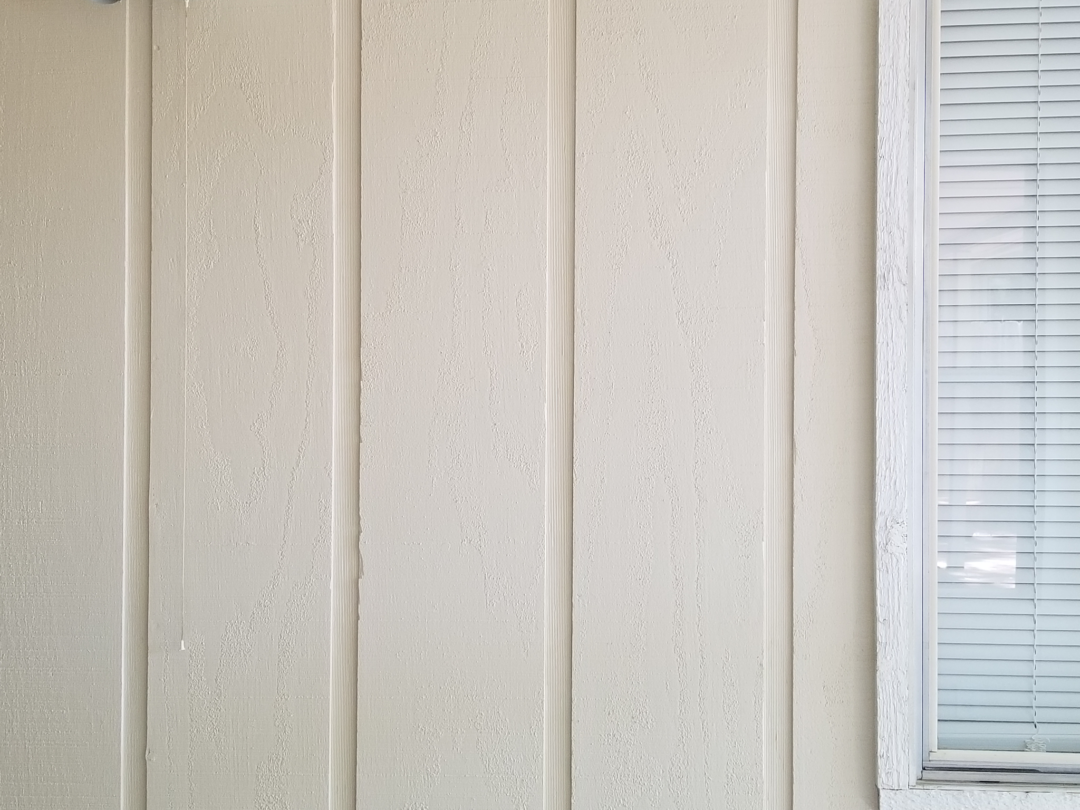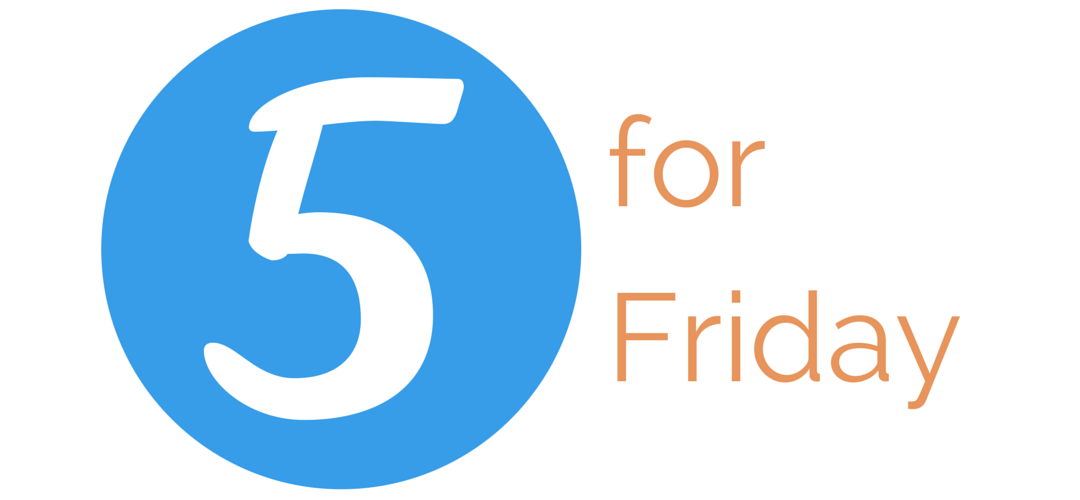A few days ago, I mentioned to someone that I’m a professor.
“That’s so cool,” she said. “I always wanted to be a teacher.”
I pointed out that she already is. She teaches Sunday school at her church. She’s also a mom–and if a mother is anything, it’s a teacher.
“You know what I mean,” she said. “I wanted to be a real teacher.”
By real, of course, she meant someone who gets paid for the work.
For a long time, being a professor was the center of my identity. When I was in graduate school, that attitude was necessary: the beacon of a teaching position at a university kept me going through the long, solitary hours of research and writing. But at this point, I’ve been a professor for 16 years. I’ve been teaching for 31 years–first as a graduate student, then as a part-time instructor, then a full-time professor. There’s always more to learn, new strategies to try and new material to teach. The job never gets boring.
Still, it is what it is: no matter what I’m doing in class on a given day, I’m a professor.
But I’ve never felt like being a professor was the only thing I could do. Even through those grad school years, I knew I’d be okay if my master plan didn’t work out. I’ve done lots of different jobs; I was applying for non-academic positions even while I looked for a professorship. If I’d wound up as a grant writer (or a greeting card writer) instead, that would have been all right. Not so for many of my friends. Accepting another sort of job would have felt like a total failure. They saw themselves as professors; they couldn’t imagine another path forward.
I really believe this all comes down to different ways of thinking about the work we do. For myself, I try to keep these three things in mind:
You are not your job.
My work as a professor is what I do for a living. It’s how I pay the bills and support my family. It’s the way I provide them with health insurance and secure my own retirement. But it’s not who I am. There’s a difference between “I’m a professor” and “I teach English.” Even when I say the former–which I often do–I actually mean the latter.
If you don’t like your job, it’s important to remember that you’re capable of doing other things. The question is, do you want to make the effort that change would require? Sometimes, those kinds of changes are just too complicated to consider. But even if you love your job, keep in mind that the economy fluctuates. Jobs come and go. A change of health might make the job you love impossible. Knowing who you are outside the workplace helps you keep work in perspective. It’s only one small part of your life, not the whole thing.
Should the world of higher education change in ways that make my job obsolete–should future generations of college students be taught online, by robots–I’ll be okay. (The world at large may not, but I will.) I’m a person who can do many things. I’m willing to bet that you are, too.
Work isn’t always paid.
We all know this. We all say things like “I need to work on myself” or “I’ve been working on this sweater I’m making my sister for her birthday.” Work means energy and time. Sometimes–but not always–work means money.
This is a crucial thing to remember because–as we also know–energy follows attention. If we give all our attention to one thing, then we have no energy left for other endeavors. For me, the work that feeds my soul includes writing this blog and making art. When I’m doing those things, I feel more like myself and less like a little cog in a big machine.
So I try to think of all my work, paid and unpaid, as my energy and time. Then I can more easily remember that paid employment is something I do in service of other kinds of (unpaid) work. And that, in turn, helps my paid employment feel like a positive thing–even on those days when I’m not feeling positive about the work itself.
I don’t owe anybody everything.
I have friends who work in the corporate world, for companies that encourage (or require) long work days and lots of overtime–often unpaid. The thinking behind that work environment goes something like this: “If the company is doing well, you’re doing well. Your well-being and that of the company are inextricably entwined.”
I probably don’t even have to point out that, when economic times get tough, the “inextricable” part of that thinking disappears.
Universities are a different–there’s no overtime, but there is a lot of late-night grading and course prep, along with many campus events to attend. I do my share, when it comes to the extra work, but I don’t believe my employer is entitled to all my time simply because it provides me with a paycheck.
I work for my income; it isn’t handed to me out of the goodness of anyone’s heart. And just as we deserve to be compensated for the paid work we agree to perform, all human beings deserve the right to reserve the time and energy they need to enjoy the things paid work makes possible. That’s something Americans (and, in particular, women) aren’t so great at remembering.
Learning to think of work as my time and energy, not merely a source of income, has really re-shaped the way I feel about it. Reminding myself that paid employment makes it possible for me to do other things I love–and that those things are work, as well–helps me make adjustments in the attention I’m giving to any one thing. And that, in turn, makes me a better version of myself.





5 Comments
This post gives my a lot to think about. It’s true, “We are not our job.” I’m a graphic designer, but I don’t eat, sleep, and breath design 24/7 like some people I know in my field. I have so many interests other than design. However, all of my interests inspire my creativity, which is really awesome.
This is a great article. It’s so easy to get stuck thinking you ARE your job. Since I was raised by a workaholic father, I really felt like a failure for not wanting to be at work all of the time! Being reminded that I do my day job so I can live the rest of my life is always valuable lesson.
I think we live in a culture that really encourages us to focus on paid work, often to the exclusion of everything else. I’ve learned that doing this only harms me. It takes time and energy away from the things that make life worthwhile!
I once found myself doing duties way outside the scope of my role in a previous job. Lamenting it, a friend told me I was “getting paid in experience”. At the time I thought that was a bunch of BS but looking back on it – I was, and it was worth it! Those duties have since empowered my resume and I’m glad I got to do them – extra monetary compensation or not!
Great points in this article – you’re a good teacher!
Thank you! I’ve been “paid” that way as well–and the challenge comes when it’s time to redefine your self image. If you’ve been a teacher for a long time, for instance, it’s hard to imagine you could be anything else. But teaching is actually made up of a bunch of different skills that would easily transfer to other kinds of careers. That’s why I think it’s so important to stop thinking in terms of our jobs. We are so much more than titles–we are skills and interests and time and energy (and a dozen other things too, probably.)